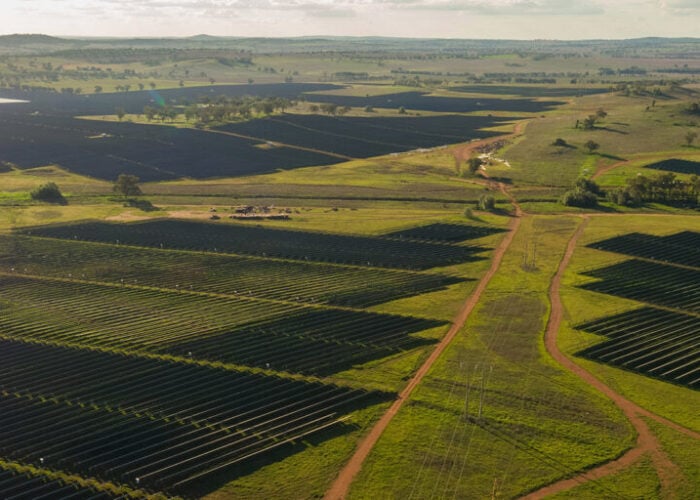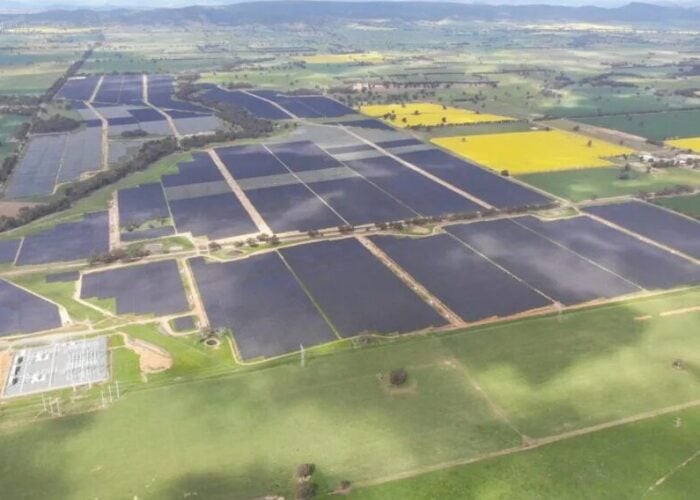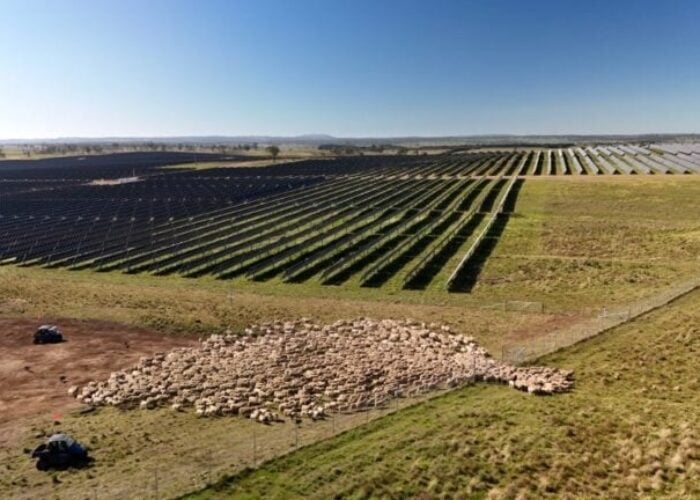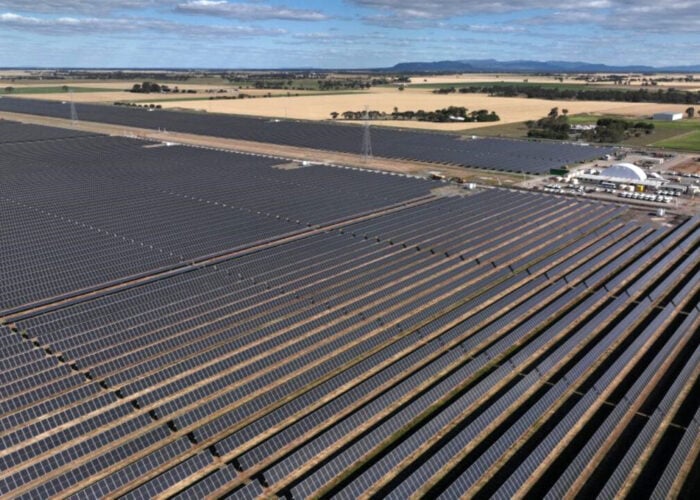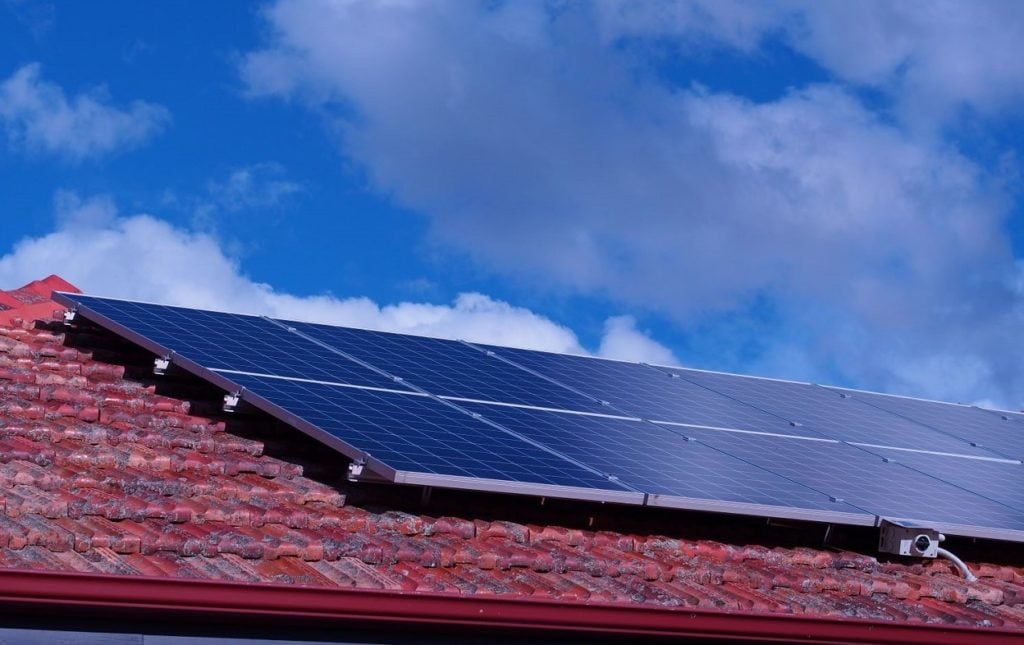
Australia’s government has committed AU$19.2 million (US$14 million) to implement the recommendations of a new report that that aims to improve regulation and compliance in the country’s rooftop solar sector.
While the review, carried out by Australia’s Clean Energy Regulator (CER), found that the sector is “strong with most businesses doing the right thing”, it made 13 recommendations to the government to promote integrity and accountability in the industry.
Try Premium for just $1
- Full premium access for the first month at only $1
- Converts to an annual rate after 30 days unless cancelled
- Cancel anytime during the trial period
Premium Benefits
- Expert industry analysis and interviews
- Digital access to PV Tech Power journal
- Exclusive event discounts
Or get the full Premium subscription right away
Or continue reading this article for free
Announced in August 2020 in response to the growth within Australia’s rooftop PV sector and the need for a framework that streamlines the roles of numerous bodies involved in regulation, the report recommends improvements to the country’s Small-Scale Renewable Energy Scheme (SRES), which provides a financial incentive for households and businesses to install renewable energy systems. The scheme will phase out completely by the end of 2030.
The recommendations include the introduction of streamlined reporting requirements for installers and manufacturers as well as the development of an online tool to provide consumers with more information to help households and businesses find the solar PV system that is right for them and to avoid dishonest operators.
The CER will also take on new functions and increased compliance monitoring and enforcement activities, including the ability to suspend installers, disqualify retailers and de-list components. It is hoped the reforms will help safeguard those businesses currently providing quality services and products by focusing on removing unscrupulous operators from the market.
According to the CER, 2.9GW of rooftop solar installations were added across Australia last year, taking the country’s cumulative rooftop PV capacity to almost 13GW. “Any market growing this strongly has the potential to attract some poor-performing participants and result in quality and other issues for consumers and integrity issues,” the report reads.
As well as finding evidence that some installations may have been undertaken by workers carrying out electrical work without relevant licences, the report said there have been reports of fly-by-night retailers and defective installations.
Additionally, the Australian Competition and Consumer Commission’s submission to the review raised concerns that some salespeople made false and misleading claims related to solar panel origin, quality, output and price, while there were also reports of failures to connect solar systems in a timely manner, resulting in financial loss through missed tariffs.
Australia’s energy minister, Angus Taylor, said the recommendations from the review will help ensure that rooftop solar PV systems installed under the SRES are consistent with the value of the incentive paid under the scheme and with consumers’ expectations. “The recommended reforms will also ensure that any solar installers, retailers and manufacturers who are found to be doing the wrong thing can be held to account,” he said.
Kane Thornton, chief executive at Australian renewables association the Clean Energy Council, welcomed the measures included in the report: “The solar industry has already begun acting on a number of these recommendations, including the requirement for installers to be on-site during installations, increased training and awareness about the expectations on installers.”


